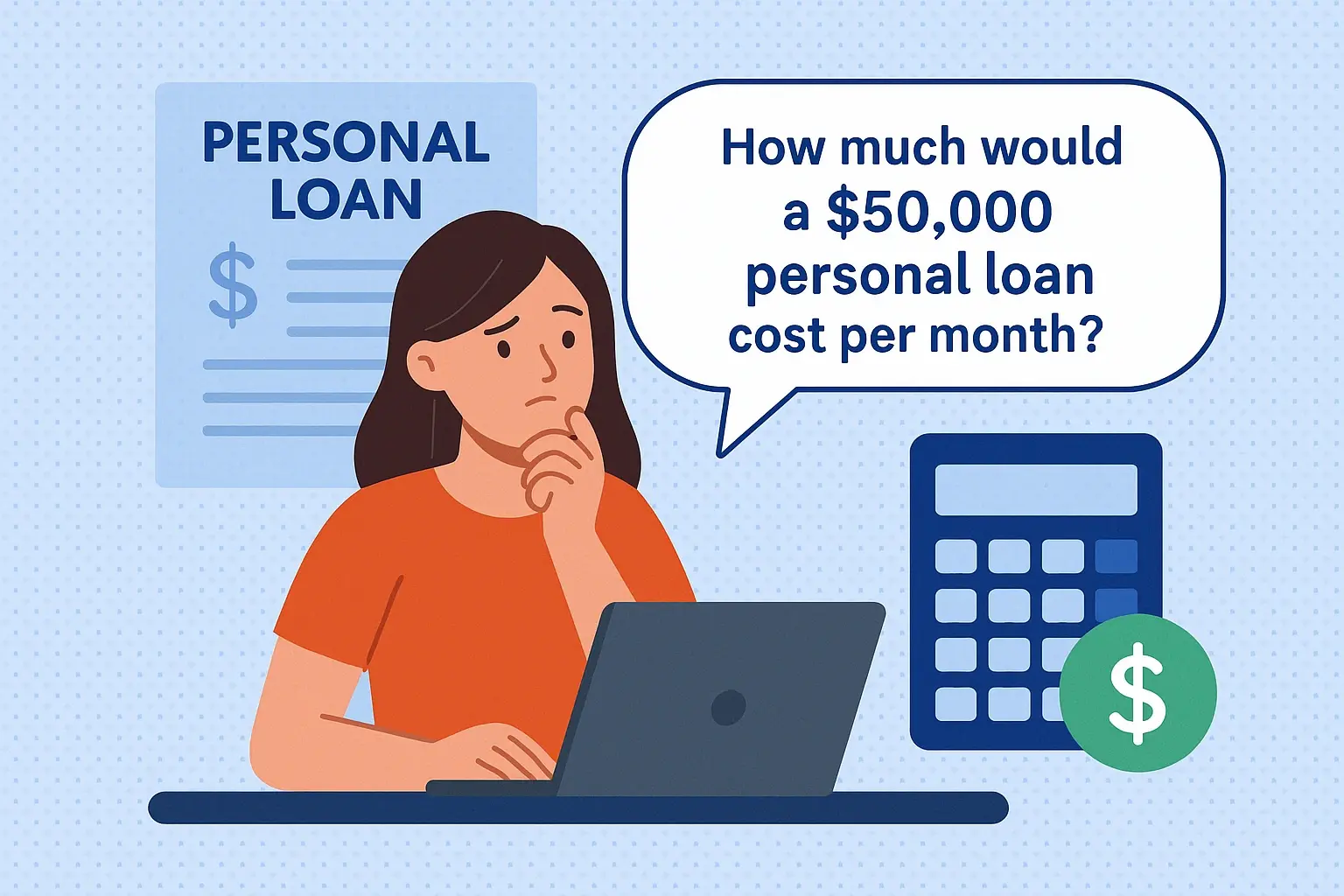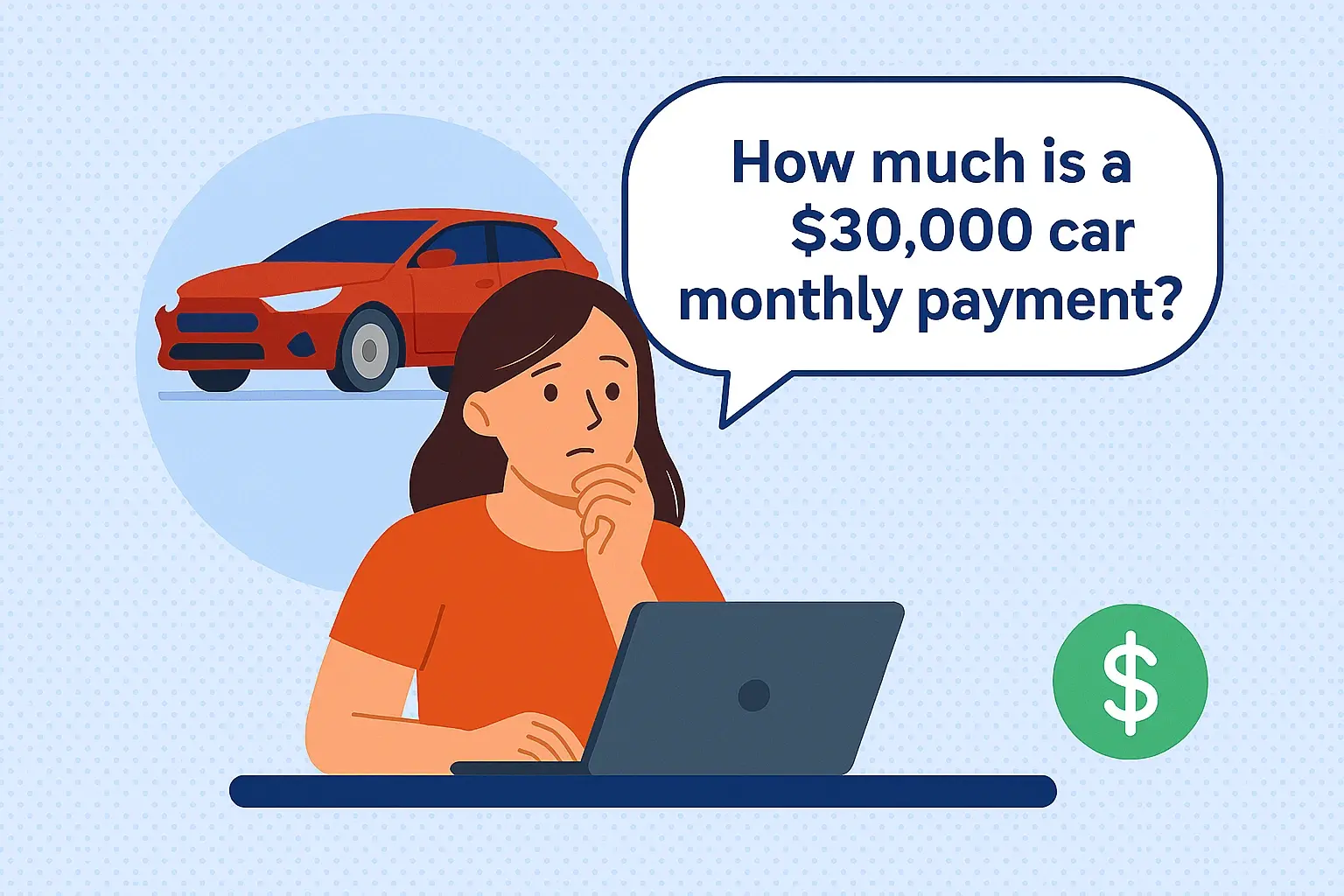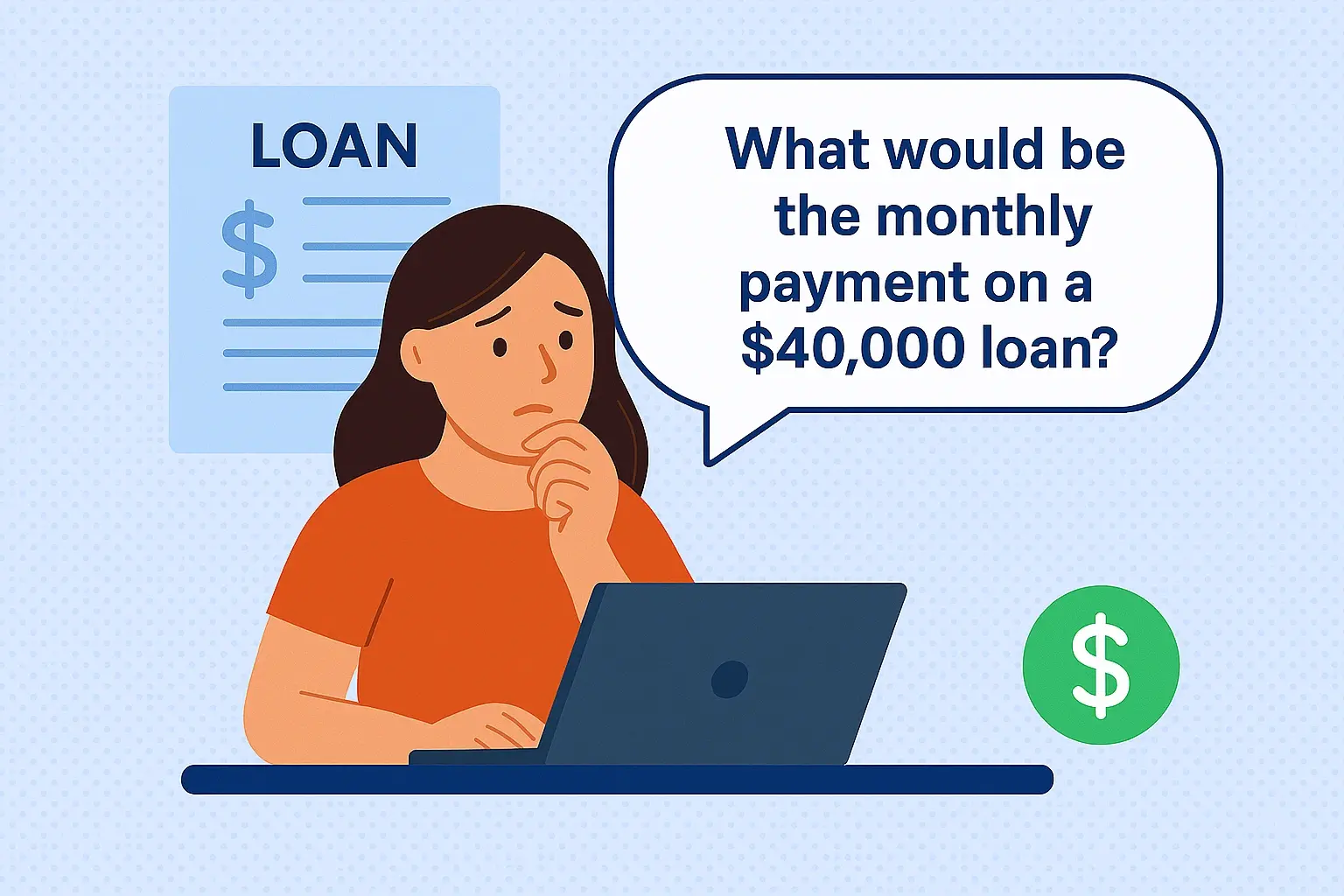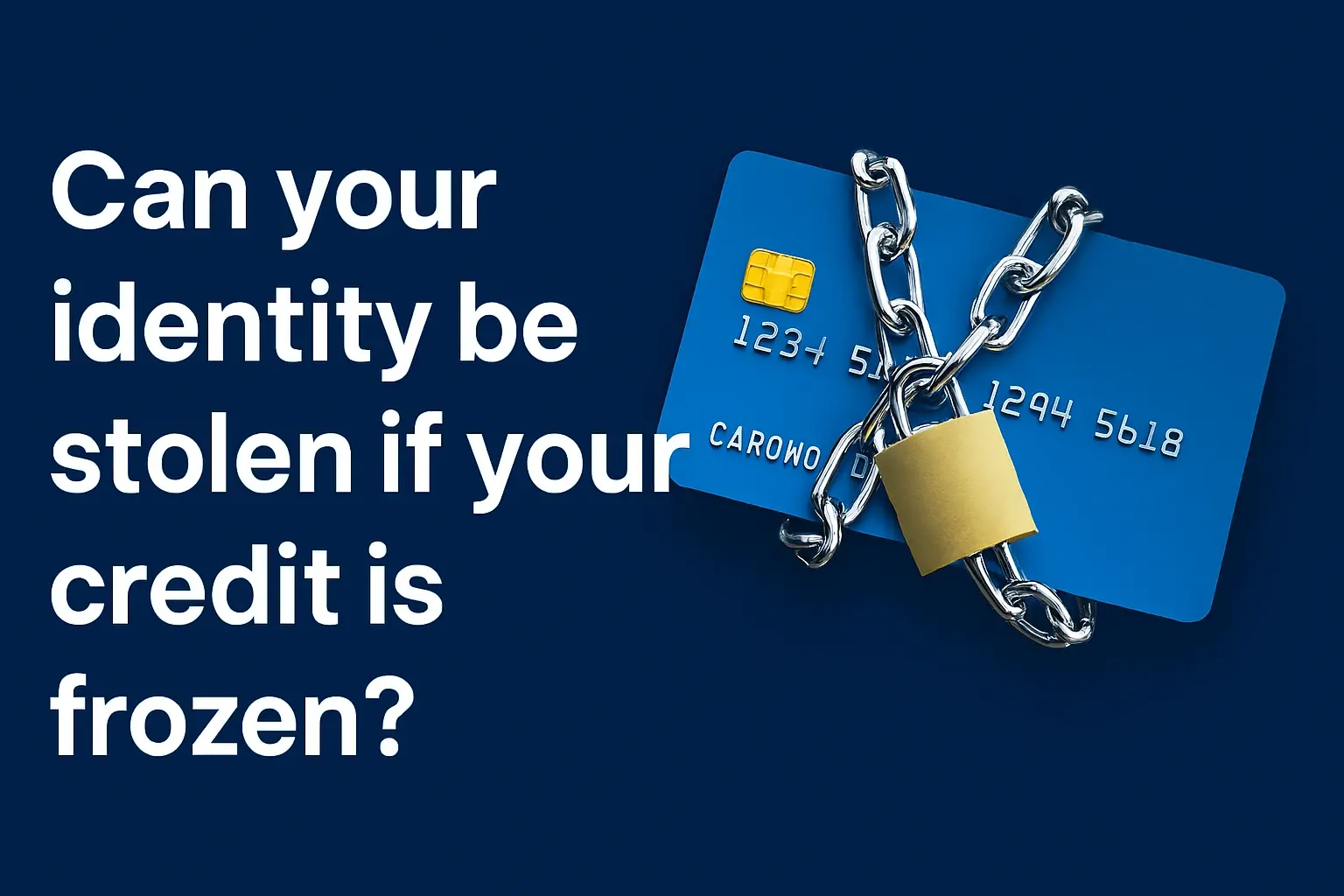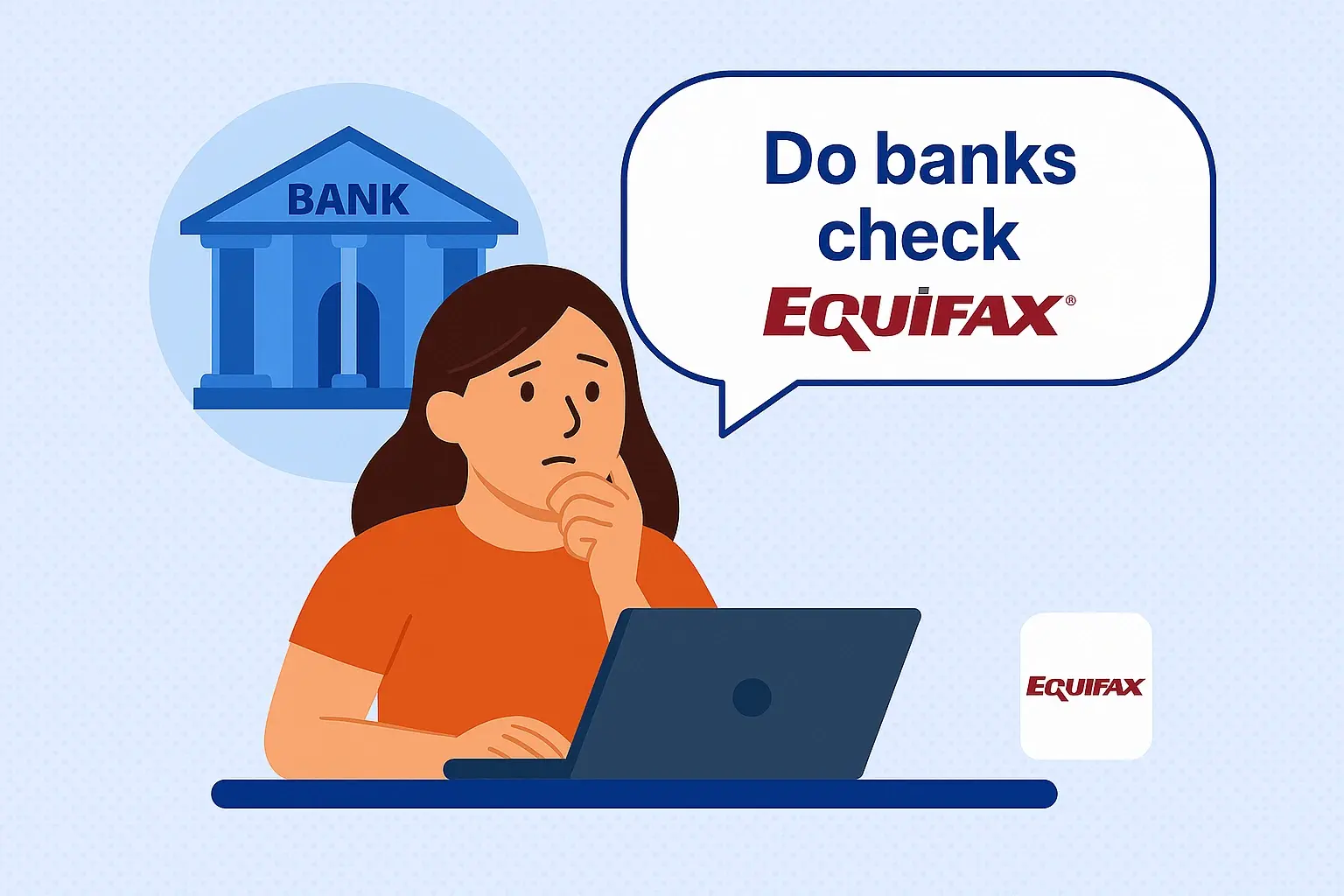-
Posted on: 29 Jul 2024
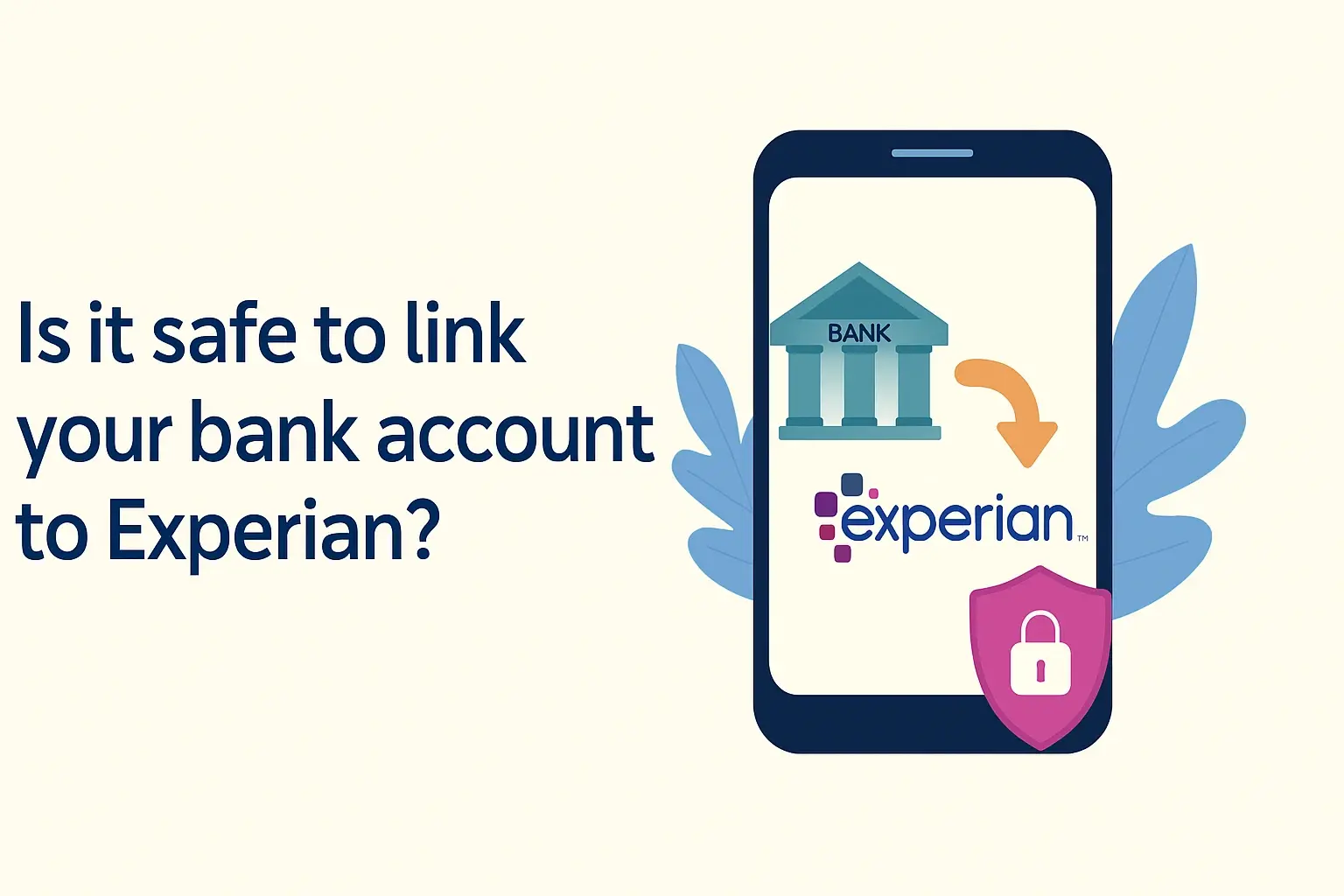
-
In today's digital age, managing your finances often involves connecting your accounts to various platforms for convenience and enhanced services. One such instance is linking your bank account to Experian, one of the three major credit bureaus. While this connection offers potential benefits like boosting your credit score, it also raises legitimate concerns about data security and privacy. This comprehensive guide delves into the safety aspects of linking your bank account to Experian, exploring the potential benefits, associated risks, and alternative approaches to improving your credit profile.
Understanding Experian and its Services
Experian is a leading global information services company, providing data and analytical tools to businesses and consumers. Its primary function is to collect and maintain credit information on individuals, which is then used to generate credit reports and scores. These reports and scores are crucial for lenders when evaluating loan applications, credit card applications, and other financial products.
Experian offers a range of services, including:
Credit Reports: Detailed reports of your credit history, including payment history, credit utilization, and public records.
Credit Scores: A numerical representation of your creditworthiness, typically ranging from 300 to 850.
Credit Monitoring: Alerts you to changes in your credit report, helping you detect potential fraud or identity theft.
Experian Boost: A service that allows you to potentially improve your credit score by linking your bank account and allowing Experian to identify positive payment history for utilities and other bills.
The Appeal of Linking Your Bank Account to Experian
The primary reason many individuals consider linking their bank account to Experian is the potential to boost their credit score through Experian Boost. This feature works by analyzing your bank account transactions to identify consistent payments for utilities, phone bills, and streaming services. These payments, which are not typically reported to credit bureaus, can be added to your credit history, potentially improving your creditworthiness, especially for those with limited or damaged credit histories.
Specifically, Experian Boost may be attractive to:
Individuals with thin credit files: Those with limited credit history due to being young, new to the country, or having limited credit accounts.
Individuals with fair or poor credit: Those seeking to improve their credit score to qualify for better loan terms or credit card offers.
Individuals seeking to build or rebuild their credit: After experiencing financial hardship or credit problems.
Weighing the Risks: Is Linking Your Bank Account to Experian Safe?
While Experian promotes the potential benefits of linking your bank account, it's essential to carefully consider the potential risks involved. No online transaction is entirely risk-free, and providing access to your bank account requires a certain level of trust in the security measures implemented by the platform.
Data Security Concerns
The primary concern revolves around data security. When you link your bank account, you are essentially granting Experian access to your transaction history. This data includes:
Account balances: Information about the funds in your account.
Transaction details: Records of all deposits and withdrawals, including payees, amounts, and dates.
Merchant information: Details about where you spend your money.
While Experian claims to use industry-standard security measures to protect your data, including encryption and secure servers, the risk of a data breach or unauthorized access remains. A data breach could expose your financial information to hackers, potentially leading to identity theft, fraud, and financial loss.
Privacy Concerns
Beyond security, privacy is another critical consideration. By linking your bank account, you are allowing Experian to collect and analyze your financial data. While Experian states that this data is used solely for the purpose of identifying positive payment history and improving your credit score, it's essential to understand how your data is being used and stored. Review Experian's privacy policy carefully to understand your rights and how your data may be shared with third parties.
Potential for Errors
Although less common, errors can occur when linking your bank account or analyzing your transaction history. Incorrectly categorized transactions or misinterpretations of your spending patterns could lead to inaccuracies in your credit report or score. It's important to regularly monitor your Experian credit report for any errors and promptly dispute any discrepancies.
Phishing and Scams
The popularity of Experian Boost and similar services also creates opportunities for phishing scams. Cybercriminals may attempt to impersonate Experian or other credit bureaus to trick you into providing your bank account information. Be wary of unsolicited emails or phone calls requesting your financial details, and always verify the legitimacy of any communication before providing sensitive information.
Evaluating Experian's Security Measures
To make an informed decision about linking your bank account to Experian, it's crucial to evaluate the security measures implemented by the company. Experian claims to use the following security protocols:
Encryption: Protecting your data during transmission using secure socket layer (SSL) encryption.
Secure Servers: Storing your data on secure servers with restricted access.
Data Masking: Hiding sensitive information, such as your full bank account number, from unauthorized access.
Regular Security Audits: Conducting regular security audits to identify and address potential vulnerabilities.
However, it's important to note that no security system is foolproof, and breaches can occur despite the best efforts. It's also advisable to research Experian's track record regarding data security and privacy incidents. Has the company experienced any significant data breaches in the past? How did they respond to these incidents? This information can provide valuable insights into the company's commitment to data security.
Alternatives to Linking Your Bank Account to Experian Boost
If you are concerned about the risks of linking your bank account to Experian, there are alternative ways to improve your credit score:
Become an Authorized User: Ask a friend or family member with good credit to add you as an authorized user on their credit card. This can help you build credit history and improve your credit score, but make sure the primary account holder manages the card responsibly.
Secured Credit Card: Apply for a secured credit card, which requires a security deposit that serves as your credit limit. Use the card responsibly and make timely payments to build credit.
Credit-Builder Loan: Take out a credit-builder loan, a small loan specifically designed to help you build credit. The lender will report your payments to the credit bureaus.
Report Rent Payments: Consider using a rent reporting service to have your on-time rent payments reported to the credit bureaus.
Pay Bills on Time: The most fundamental and effective way to build good credit is to consistently pay all your bills on time, including credit card bills, loan payments, and utility bills.
Keep Credit Utilization Low: Aim to keep your credit utilization ratio (the amount of credit you are using compared to your total credit limit) below 30%.
Monitor Your Credit Report Regularly: Check your credit report from all three major credit bureaus (Experian, Equifax, and TransUnion) regularly for any errors or signs of fraud.
Making an Informed Decision
Ultimately, the decision of whether or not to link your bank account to Experian is a personal one. Weigh the potential benefits of boosting your credit score against the potential risks to your data security and privacy. Consider your own risk tolerance and financial situation. If you are comfortable with the security measures implemented by Experian and are willing to accept the potential risks, then linking your bank account may be a worthwhile option.
However, if you are concerned about data security or privacy, there are alternative ways to improve your credit score that do not require linking your bank account. Research these alternatives and choose the option that best suits your needs and preferences.
Before You Link: A Checklist
If you decide to proceed with linking your bank account to Experian, consider this checklist first:
Read the Fine Print: Thoroughly review Experian's terms of service, privacy policy, and security information.
Understand Data Usage: Be clear on how Experian will use your financial data.
Review Security Measures: Evaluate the specific security measures implemented by Experian.
Enable Two-Factor Authentication: If available, enable two-factor authentication for your Experian account for added security.
Monitor Your Account: Regularly monitor your bank account and Experian credit report for any signs of suspicious activity.


